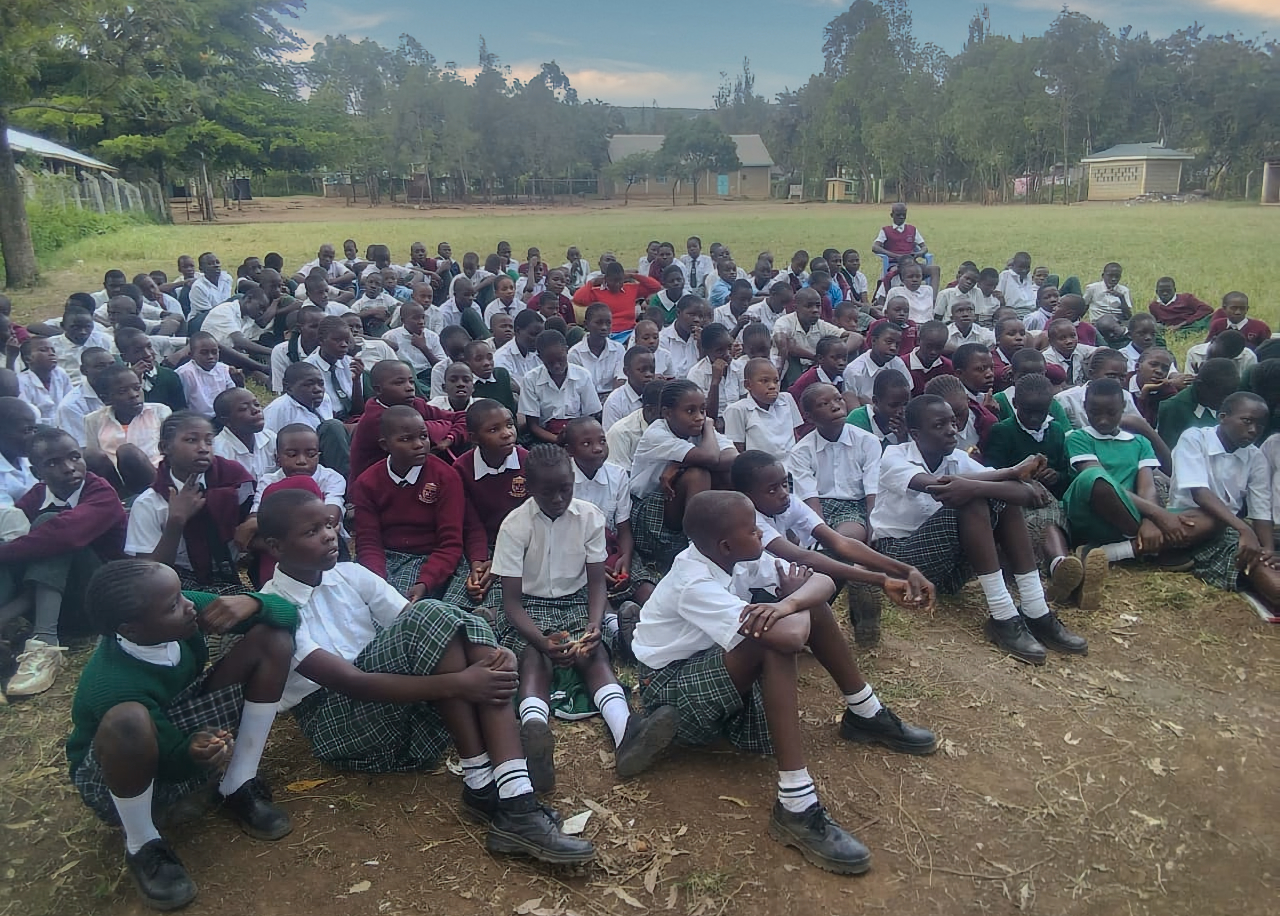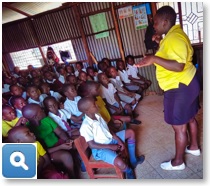October Report from WiRED Community Health Workers in Western Kenya
Successfully Facing a Diversity of Health Issues
By Allison Kozicharow; Edited by Staff
In Kisumu, Kenya WiRED International’s community health workers (CHWs) confront a staggering number of challenges every month in order to elevate the health of thousands of people in the region.
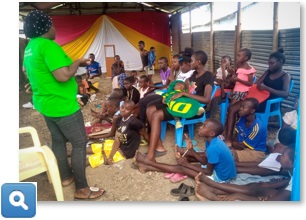 WiRED’s paraprofessional CHW team provides clinical services for people who suffer from health issues ranging from infectious diseases, such as cholera and HIV/AIDS, to noncommunicable diseases, such as cancer and diabetes. In addition to diagnosis of disease and referrals to medical professionals as needed, CHWs increasingly act as counselors for mental health concerns and gender-based violence.
WiRED’s paraprofessional CHW team provides clinical services for people who suffer from health issues ranging from infectious diseases, such as cholera and HIV/AIDS, to noncommunicable diseases, such as cancer and diabetes. In addition to diagnosis of disease and referrals to medical professionals as needed, CHWs increasingly act as counselors for mental health concerns and gender-based violence.
How do CHWs handle such a variety of health matters? The following stories from the October report illustrate the crucial and trusted role that CHWs play in the Kisumu community.
Mental Health Education
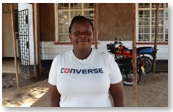
This month I had an opportunity to teach mental health and gender-based violence sensitization at a hospital. I was amazed that many women in my community don’t even know they are being physically abused in their marriages and think that it is normal. I explained that there are referral pathways to reach out to and also they should know their rights. I said that anyone can be physically and/or sexually hurt by even a parent, uncle, pastor, neighbor or friend. They also didn’t realize that boys can be raped as well as girls. The group appreciated learning about this topic and promised to report any abuse to the Kenyan health care assistance number, which I gave them.
—CHW Lency Mmbone
Breast Cancer Awareness
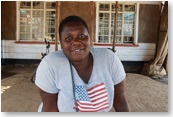 October is Breast Cancer Awareness Month, so I decided to teach a class on the subject, which many people in our community don’t know about. I got together a group of woman to show them how to feel their breast for lumps. The group agreed that they will all do regular breast self-checkups and practice healthy habits to prevent any form of cancer.
October is Breast Cancer Awareness Month, so I decided to teach a class on the subject, which many people in our community don’t know about. I got together a group of woman to show them how to feel their breast for lumps. The group agreed that they will all do regular breast self-checkups and practice healthy habits to prevent any form of cancer.
One woman, however, caught my attention. She complained that her breasts had been sore for a long time and that she noted rapid growth there in the last month. I advised her to go right away for breast cancer screening, which I told her is free. I added that when we meet next time she should give me feedback from the hospital.
—CHW Bunnyce Atieno
A Malaria Emergency
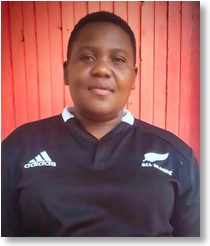
One Monday night I heard a neighbor screaming that someone had died. When I went to the house I found a woman with severe malaria. She had not gone to a hospital and was screaming like she was insane. I quickly advised the family to take her to a clinic immediately where they diagnosed and treated her for cerebral malaria, for which mortality is high.
—CHW Mildred Digolo

Mental Health Again #1 Health Concern in CHW’s Report This October
During the month of October 2024, 20 CHWs in Kisumu, Kenya, reached a total of 8,547 people with health services. Working 24 hours per week, each of the CHWs met with at least 25 patients a week, and the largest number seen in a week by a single CHW was 227, most of them in health training classes.
In October the top health-related issues were as follows in order of prevalence:

